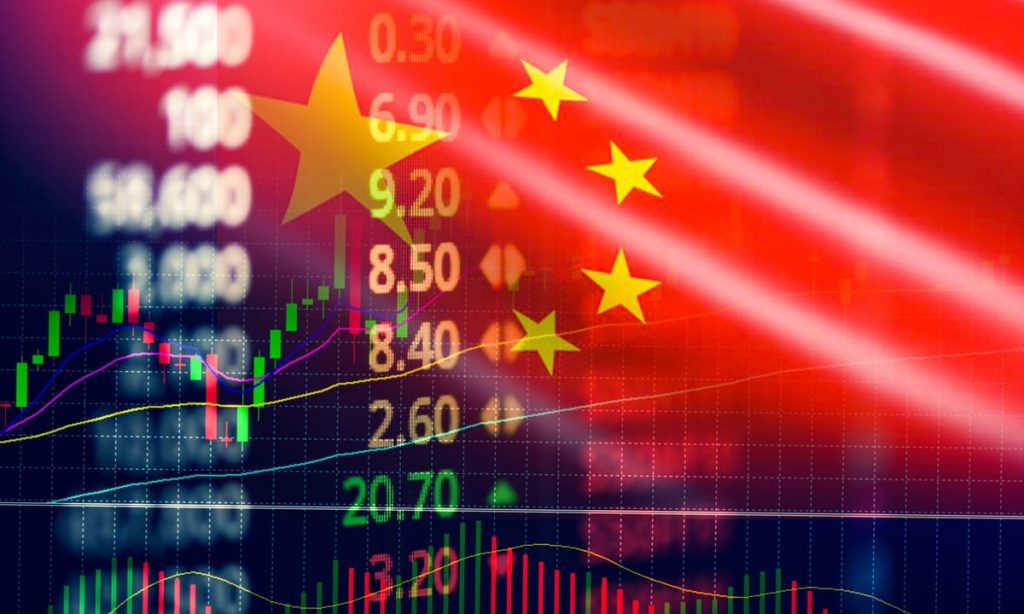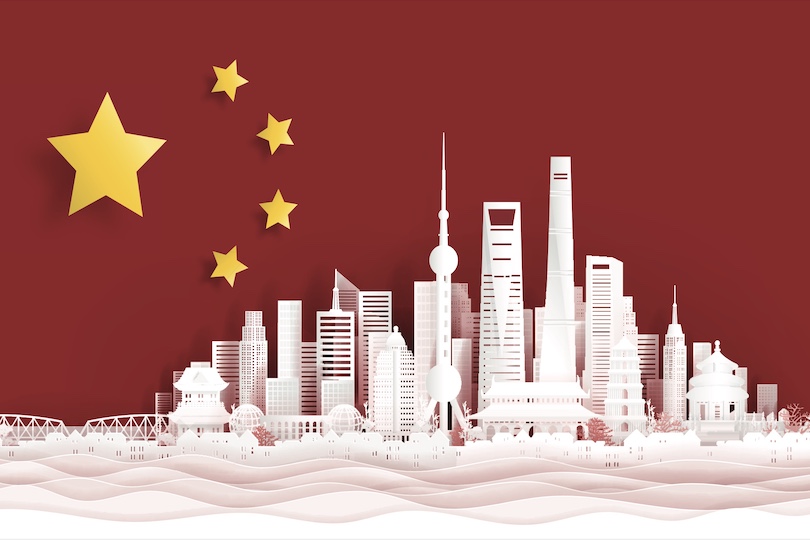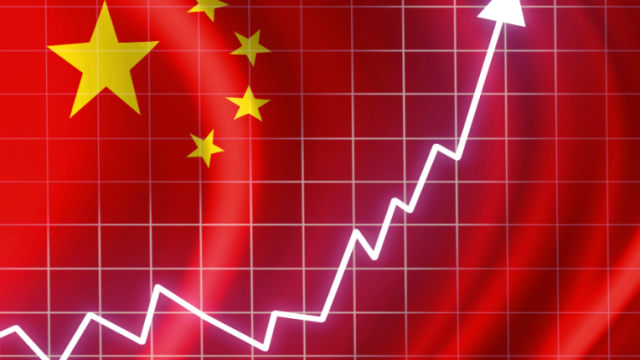In recent years, China’s rise as a global power has been a major topic of discussion. From its rapid economic growth to its assertive foreign policy, China’s increasing influence is reshaping the world order. In this article, we’ll explore how China’s rise is impacting global affairs and what it means for the future.
The Economic Rise of China
China’s economic growth has been one of the most significant developments of the 21st century. In just a few decades, it has transformed from a primarily agrarian society to the world’s second-largest economy, behind only the United States. China’s rapid growth has been driven by a combination of factors, including its large population, low labor costs, and government policies aimed at promoting investment and development.
China’s rise has had a profound impact on the global economy. As a major exporter of goods, China has disrupted traditional manufacturing industries around the world. It has also become a key market for many countries, including those in Africa and Latin America. China’s economic influence has enabled it to expand its reach beyond its borders, with investments in infrastructure projects and businesses around the world.

Geopolitical Implications
China’s economic rise has also had significant geopolitical implications. China has used its growing economic power to project its influence in the Asia-Pacific region and beyond. The Chinese government has pursued an assertive foreign policy, seeking to establish a new world order that is more in line with its interests.
One of the most notable examples of this is China’s territorial disputes in the South China Sea. China has built artificial islands in disputed waters and claimed sovereignty over them, leading to tensions with neighboring countries and the United States. China has also sought to expand its influence in the Indo-Pacific region through its Belt and Road Initiative, a massive infrastructure project aimed at connecting China to other countries through trade and investment.
The Future of the World Order
China’s rise is changing the balance of power in the world. As China becomes more powerful, it is challenging the dominance of the United States and other traditional global powers. This shift has created both opportunities and challenges for the international community.
On the one hand, China’s rise has created new economic opportunities for countries around the world. China’s Belt and Road Initiative, for example, has the potential to stimulate economic growth and development in countries that have traditionally been left behind. On the other hand, China’s growing power has raised concerns about its intentions and its impact on global stability.
The rise of China is also prompting countries to rethink their strategic alliances and partnerships. Some countries are seeking closer ties with China, while others are aligning themselves with the United States in an effort to counterbalance China’s growing influence.

China’s rise as a global power is reshaping the world order in significant ways. Its economic growth has disrupted traditional industries and created new opportunities for countries around the world. At the same time, its assertive foreign policy has led to tensions with neighboring countries and the United States.
As China continues to rise, it will be important for the international community to find ways to engage with China while also safeguarding global stability. The future of the world order will depend in large part on how countries navigate this complex and rapidly changing landscape.


